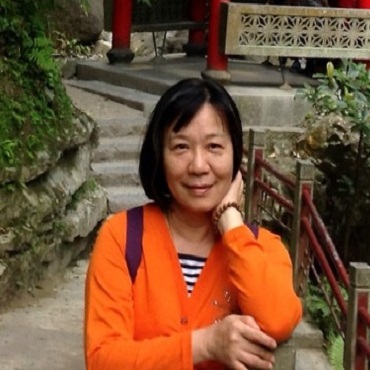Scientific Program

Yu-Hua Lin
Professor, I-Shou University, Taiwan
Title: Effects of a mobile supportive care program on depression in oral cancer patients underwent surgery
Biography:
Yu-Hua Lin has completed her PhD degree from the school of nursing, Kaohsiung Medical University, Taiwan. She had 35 years working experience in the field of nursing. Now, she is a professor in the school of nursing, I-Shou University in Taiwan R.O.C. She has published more than 50 papers in reputed journals and has been serving as an editorial board member of the Journal of Nursing in Taiwan Nurses Association.
Abstract
The purpose of this study was to examine the effects of a mobile supportive care program (MSCP) on depressive symptoms in patient with oral cancer underwent oral surgery. A quasi-experimental design with simple randomize sampling, and the Center for Epidemiologic Studies Depression Scale (CES-D) was used to collect participants’ data. Participants were distributed into with a MSCP before discharge (experimental group, n=55) or without used MSCP (control group, n=55). The MSCP was loading in a Line app in experimental group mobile after education. The outcome was followed at the 7 days (first time clinic visited, T1), one month (T2), and three month (T3) after discharge. The CESD scores showed that all the two groups’ participants experienced depressive symptoms decreased at the one and three months after received MSCP (all p<.001). The generalized estimating equation analysis showed that after controlled age, both group and time were significantly different, indicated both group patients experienced depressive symptoms improvement, however, the MSCP group depressive symptoms was improved better than non-MSCP group. An interaction existed between the groups and test times in CESD from Time 1 to Time 3. These results indicate that the MSCP effects were influenced by time. These results showed that the CESD score of the experimental group was significantly lower than that of the control group by 6.51 points at one-month, and 5.60 points at three-month. This results recommend for the healthcare staff embed this MSCP into discharge plan in care of oral cancer patient underwent oral surgery.
- Current Trends in Nursing Practice
- Evidence Based Practice
- Public Health Nursing
- Critical Care and Emergency Nursing
- Cancer Nursing and Tumor Nursing
- Midwifery and Pediatric Nursing
- Surgical Nursing

